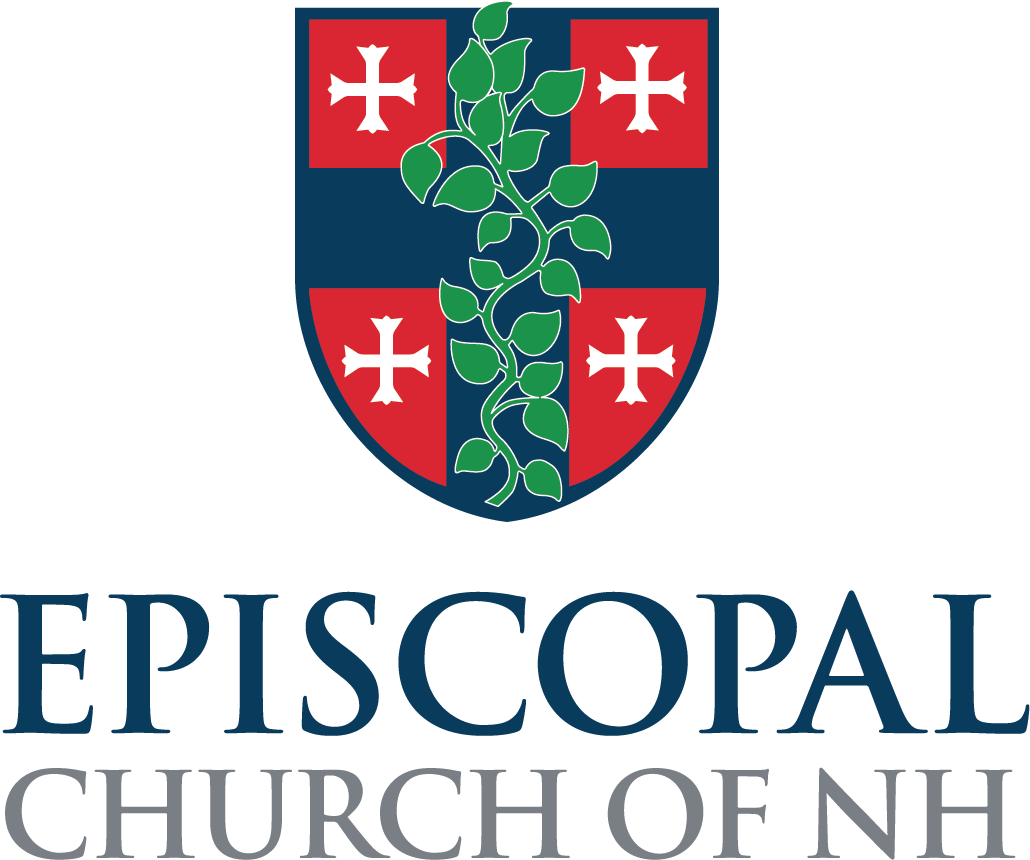I’ve been thinking much about time of late. It seems such an elastic notion. On the one hand it seems we were just in the middle of summer, so how is it we’re already seeing the tokens of Christmas up on the streets and in the stores? On the other hand, we also feel like time has either slowed to a cold creep, stopped, or even been thrown into reverse. Wars, violent setbacks in what seemed like a steady march for human rights and dignity, the ugly reappearance of symbols of hatred in our streets — even in a state that claims to allow all persons to be free — all can make us question that “long arc of history” and whether we can be so certain of its curve toward justice. The Psalms speak of how brief our life can be and yet there’s the refrain: How long, O Lord, how long?
It’s in just such a mixed experience of time that Advent invites us to find ourselves. When we read the Gospels, we find that’s precisely how the God of eternity entered the human experience in Jesus Christ. God comes to be present, fully present, in Jesus, who holds in his mind and heart joy, hope, agony, anger, and grief, not so much in sequence (as though first this, then this), but all at once. He doesn’t resolve the tension of time in order to love. And Jesus invites those who wish to know him and live the holy life (a life that seeks to mirror God) to keep in mind eternity. I find that when I am most anxious, in doubt, or fearing about what is happening, when I remember to pray, I am led to know God’s peace that passes all understanding in a sense of Presence, which never fails. God just is, in all of our lives and in the world’s turmoil. Right. Now. Always. Praying for God’s Presence, in the present, simply means allowing our minds and hearts to see what is, no matter what it is, with the eyes of Jesus, who never saw anything apart from God’s eternity.
I am drawn to that word presence. We’ve always been taught that Advent means an arrival, a coming. Usually, we think of Advent as the short season that gets us ready for Christmas. But to dwindle it down to just these 30 days deprives it of its deeper purpose. In Advent, we awaken and look for what the ancients called the “Parousia,” which is the Greek word for Presence.
We have a little sticker on our refrigerator that says:
Yesterday is history.
Tomorrow is a mystery and
Today is a gift.
That’s why they call it the present.
It’s not without its corniness, but is there not some life-giving encouragement in the invitation to awaken and to see the signs of God’s miraculous healing and reconciliation and to feel the sharpness of how God’s kingdom is not yet here? I believe the longing and the striving, the waiting, with both laughter and tears, is just where God wants us to join God. That’s the space where Jesus came to dwell among us and to love us in all our beauty and brokenness. Perhaps that’s why scripture so often speaks of “the fullness of time.”
This Advent, let us be open to the all of it.





